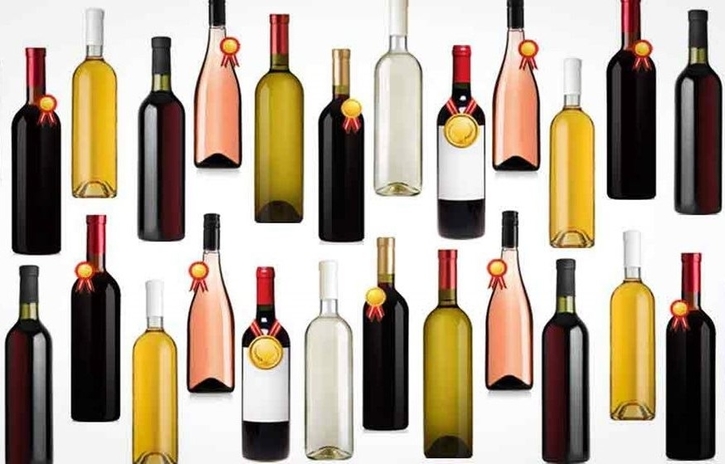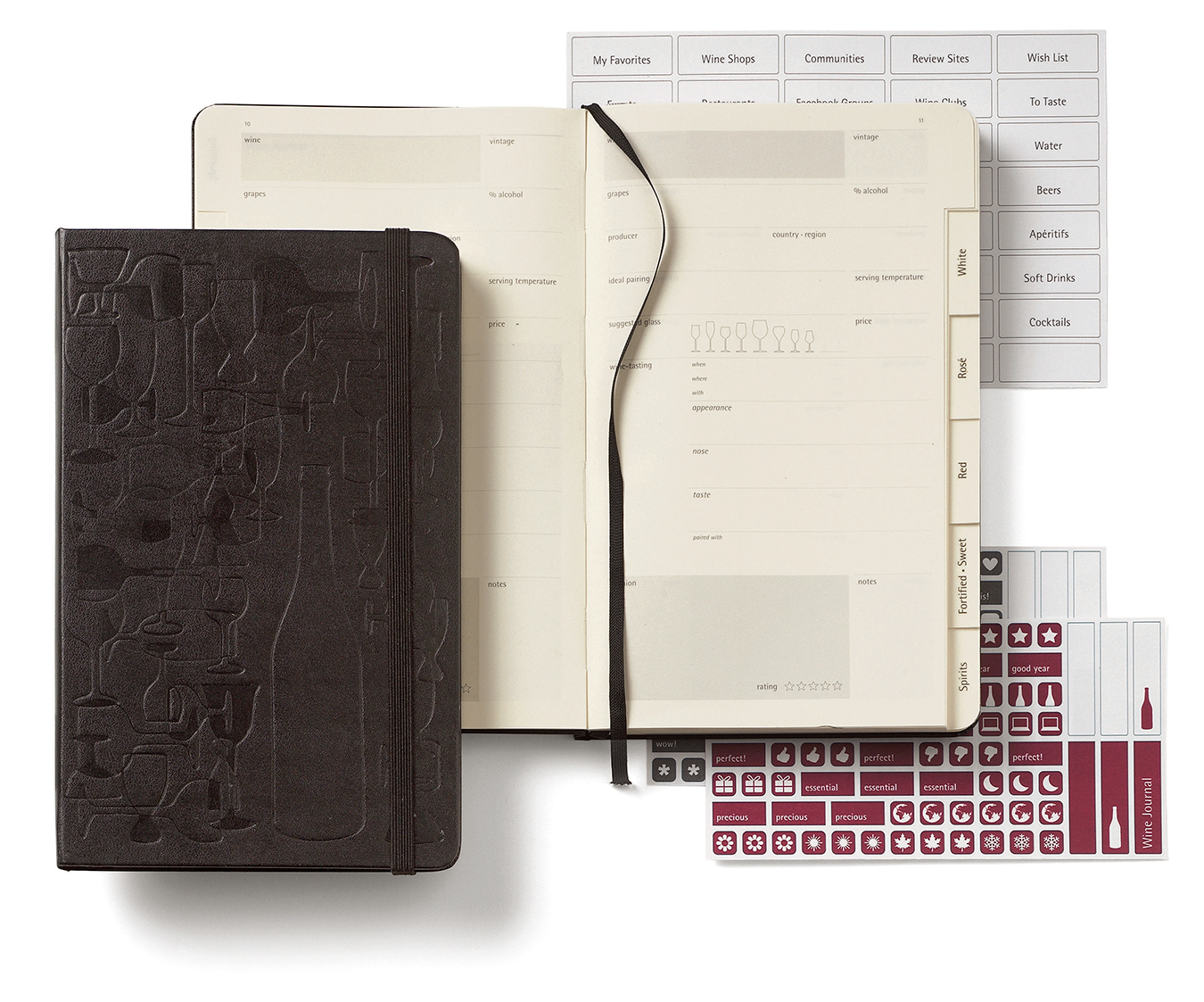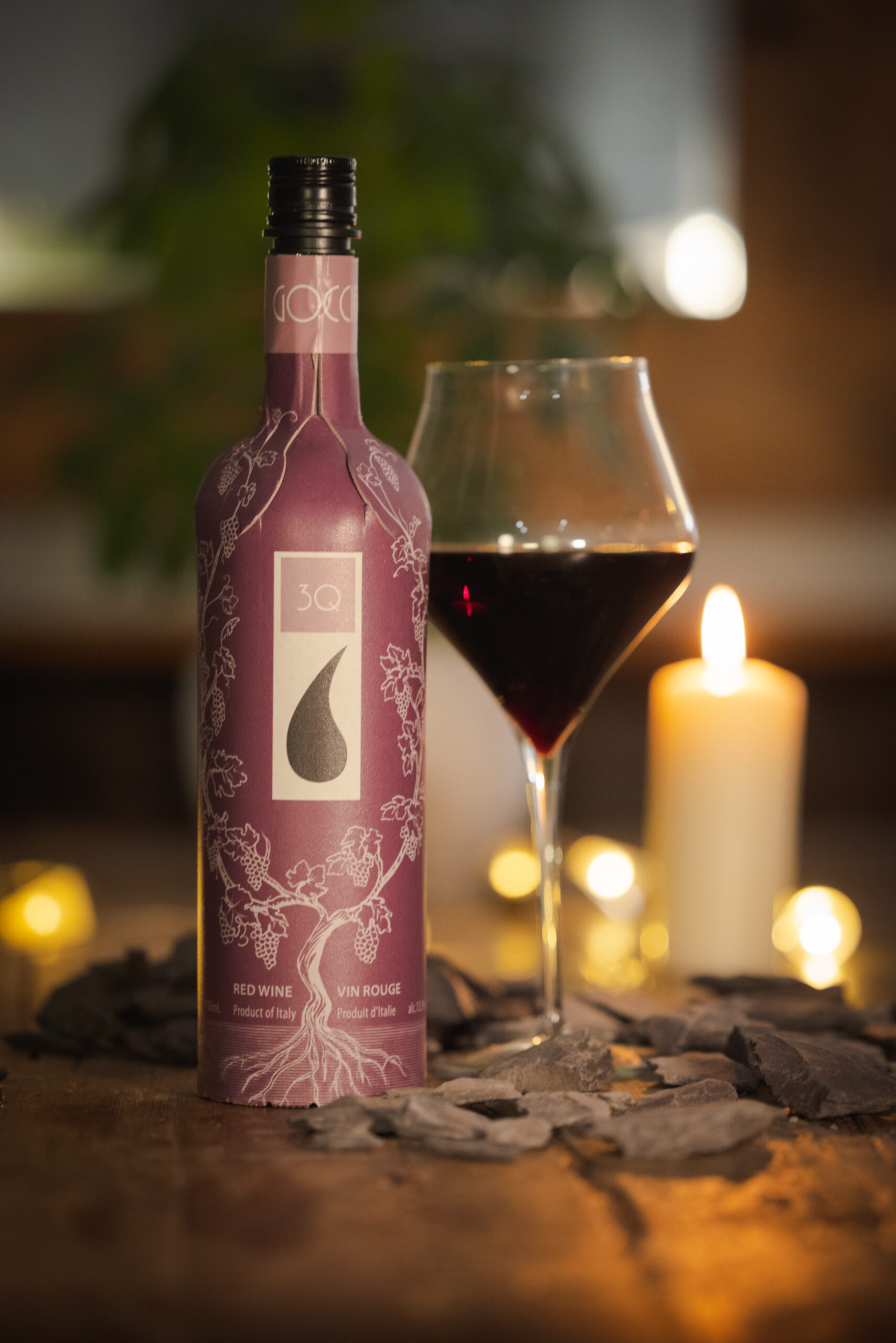What Do Wine Awards Really Mean?
What’s the value of a medal?

You sometimes see them printed on wine labels: small gold, silver, or bronze images accompanied by tiny print indicating that the wine has won a medal in this or that competition. Others carry a sticker (these are sold to medal winners by some competitions) or announce their competition successes on their website. Some wineries deck their halls with wine competition diplomas, making their wines look like hyper qualified doctors.
Many wineries love winning medals because, like high scores from wine critics, they provide external validation of their wines. But a medal is even better than a 90-plus score from a critic because competitions are seen as objective: critics usually know what they’re tasting, but competition judging is done blind. And there’s no doubt that winning a medal can give sales a boost. Canadian icewine was put on the world wine map when Inniskillin’s 1989 Vidal Icewine won the Grand Prix d’Honneur at Vinexpo in 1991, and Inniskillin became Canada’s best-known icewine brand.
Some analyses have shown the same wine winning gold, silver, and bronze medals, or failing to win a medal at all, at different competitions.
Yet some producers refuse to enter their wines in competitions, partly because they think their wines are too fine to be compared to the rabble, partly out of fear that they will not be judged among the best. Questions would be asked if Château Pétrus won a silver medal, Screaming Eagle got a bronze, or (God forbid) Sassicaia failed to medal at all. But questions are asked, all the time, about the usefulness and reliability of wine competitions. Some analyses have shown the same wine winning gold, silver, and bronze medals, or failing to win a medal at all, at different competitions. Some people have concluded that medals are awarded randomly and are therefore meaningless.
But like wines, competitions come in different levels of quality. Some, like the Decanter World Wine Awards in the U.K., are highly regarded. Others, including many small local or regional competitions, carry little weight. Judging rules vary: in some competitions, each judge submits a score for each wine and the scores are averaged. In others, judges must reach a consensus on the medal to be awarded (or not) to each wine. Criteria differ, too. In the Decanter competition, a silver medal is the equivalent of 90 to 94 points, but in the also very reputable International Wine & Spirit Competition, a silver medal equals 80 to 85.9 points.
Yet the most important variable is the professionalism of the organization conferring the awards and the quality of the judges. The wines need to be served at the right temperature, the protocols of professional judging must be observed, and the judges should be highly qualified. In addition, their names should be made public. Although these are obvious preconditions for a reliable competition and the value of a medal depends on them, they are far from always observed. Without them, we might as well turn wine judging over to the horde of anonymous critics on Yelp. How useful is their feedback unless we know their experience and expectations? And how useful is a wine score or a wine competition medal unless we know the experience and expertise of the critic or the judges who awarded it?
Photo via Choice.
Never miss a story, sign up for NUVO’s weekly newsletter, here.








